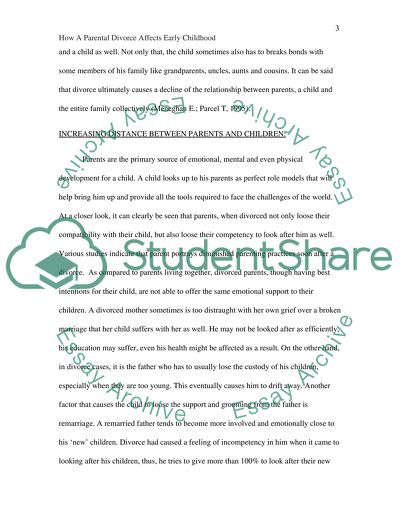Cite this document
(“How A Parental Divorce Affects Early Childhood Research Paper”, n.d.)
Retrieved de https://studentshare.org/psychology/1392764-how-a-parental-divorce-affects-early-childhood
Retrieved de https://studentshare.org/psychology/1392764-how-a-parental-divorce-affects-early-childhood
(How A Parental Divorce Affects Early Childhood Research Paper)
https://studentshare.org/psychology/1392764-how-a-parental-divorce-affects-early-childhood.
https://studentshare.org/psychology/1392764-how-a-parental-divorce-affects-early-childhood.
“How A Parental Divorce Affects Early Childhood Research Paper”, n.d. https://studentshare.org/psychology/1392764-how-a-parental-divorce-affects-early-childhood.


